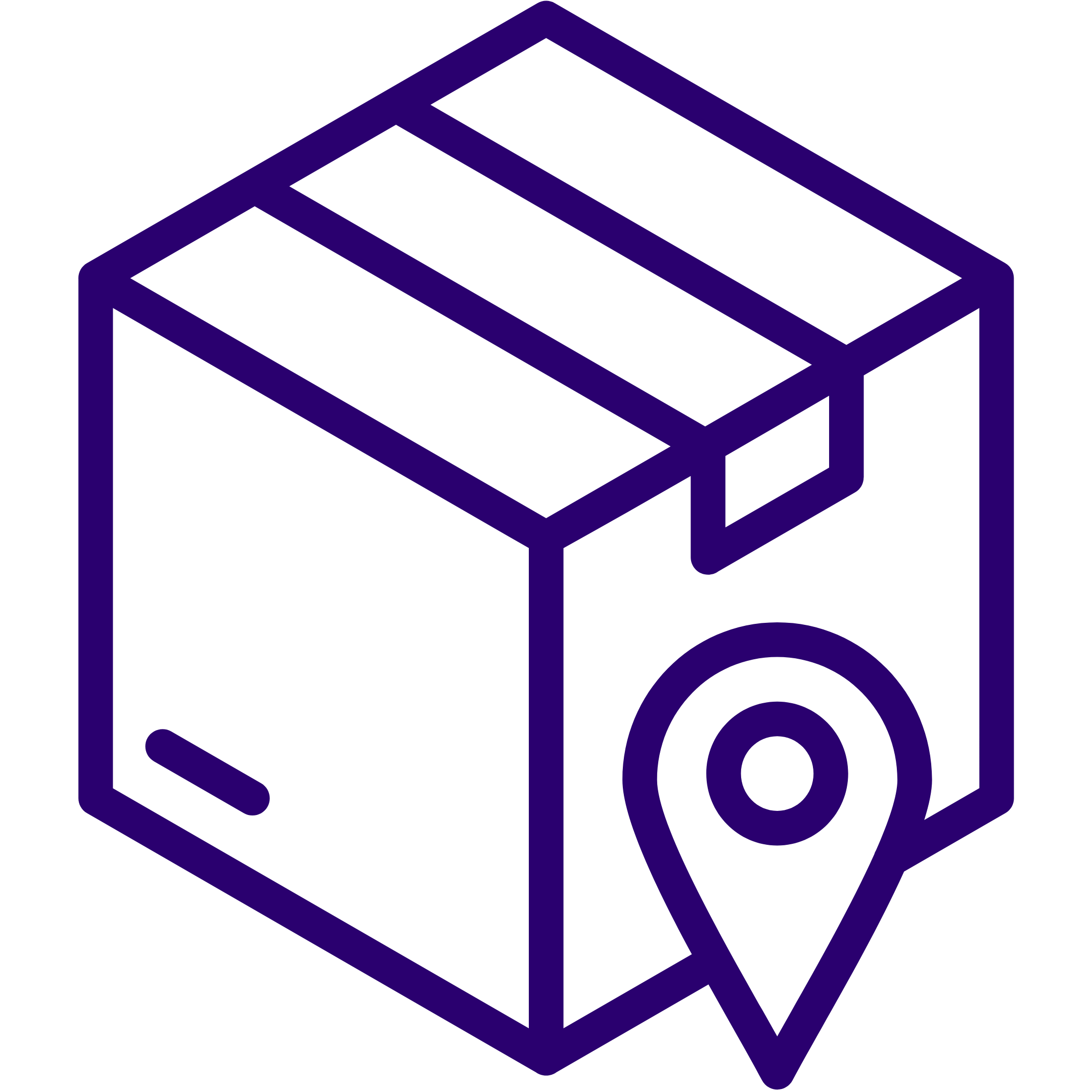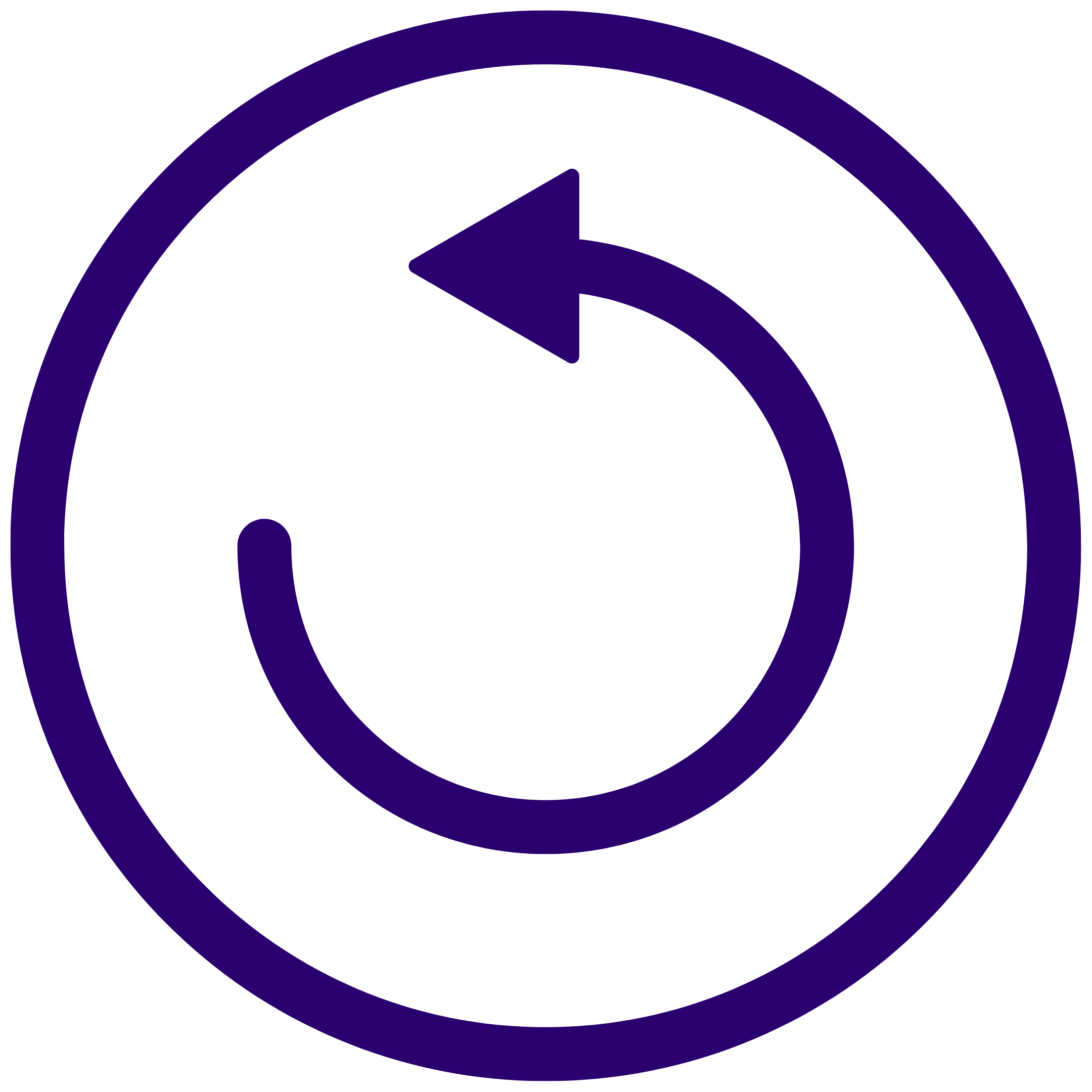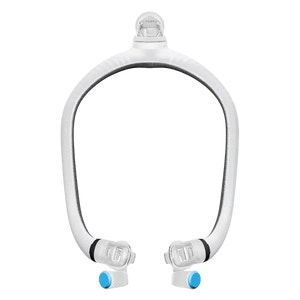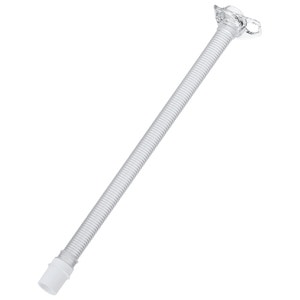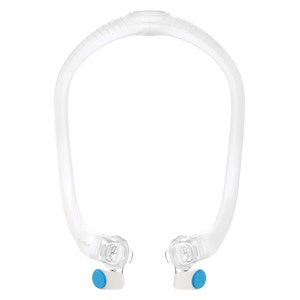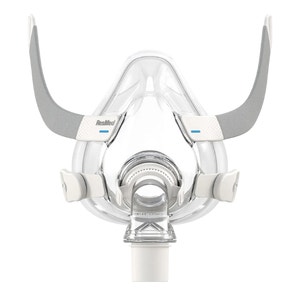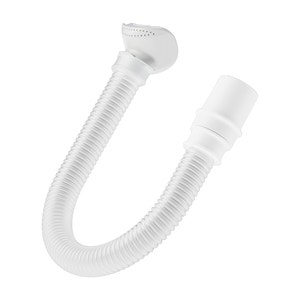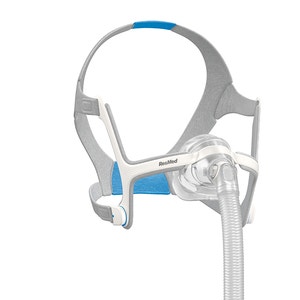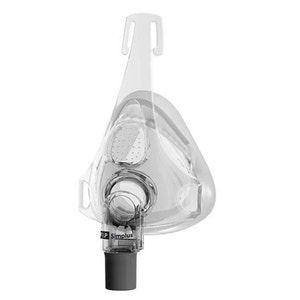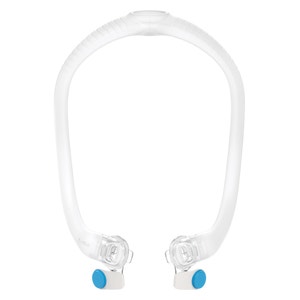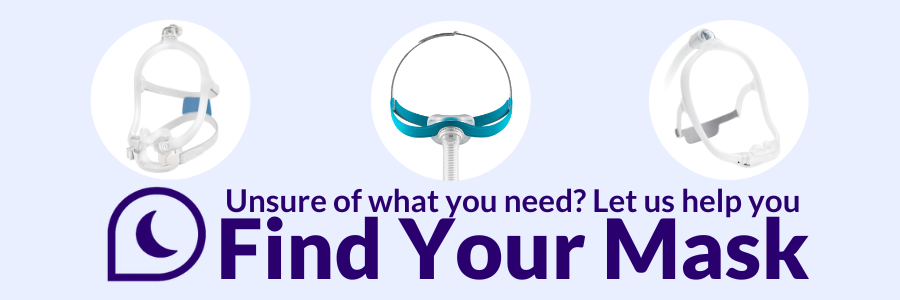
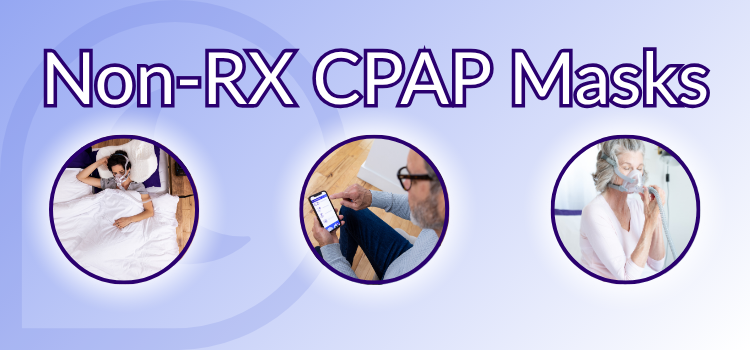
Getting Your CPAP Mask Kit with No Prescription Required
Living with sleep apnea can be challenging, and it can often be accompanied by the added stress of scheduling an appointment with a sleep specialist and undergoing a sleep study in order to obtain a CPAP prescription for treatment components such as CPAP masks, CPAP machines, and other CPAP supplies. While these processes can be incredibly resourceful — for example, a sleep test helps to determine important specifications for your CPAP equipment, such as pressure settings for your CPAP machine — these steps may not always be required to obtain all of the CPAP supplies you are looking for. Don’t let the hassle of obtaining a CPAP prescription from your healthcare provider get in the way of your sleep apnea treatment — conveniently find new and replacement mask parts that you need on your own schedule for the most effective and safe CPAP therapy. On this page you will find our wide selection of Non-RX CPAP Mask Kits and Mask Systems that do not require a prescription.
When Is a RX Required for CPAP Machines & CPAP Masks?
All CPAP devices listed on CPAPsupplies.com (including BiPAP, APAP, and Travel CPAP Machines) require a current CPAP prescription from a licensed healthcare provider. However, while the FDA classifies CPAP masks as Class II medical devices (which can pose inherent health risks) that may require a prescription to ensure their safety, some of the individual components of CPAP machines and CPAP masks can be replaced with no RX without having to purchase a complete mask, such as hoses, mask frames, headgear clips, and more. This page offers a convenient way for you to purchase a CPAP mask kit, with all the necessary mask components, without a prescription.
CPAP Mask Types
-
Full Face CPAP Masks: Securing a seal around both your mouth and nose, full face CPAP masks are ideal for mouth breathers or nose breathers, back sleepers, and are able to operate using any pressure setting.
-
Nasal CPAP Masks: Back sleepers, side sleepers, and active sleepers can all benefit from using a nasal CPAP mask as they often feature a low-profile design that seals around your nose, allowing you a better line of vision and freedom of movement.
-
Nasal Pillow CPAP Masks: Offering a minimal contact experience, nasal pillow CPAP masks are ideal for CPAP users who experience claustrophobia or have facial hair, and can accommodate various sleeping positions such as back sleepers, side sleepers, active sleepers, and stomach sleepers.
-
What Type of CPAP Mask is Ideal for You?
Breathing Styles:
- Mouth Breathers - Full Face Mask (Nasal Mask, Nasal Pillow Mask can be used in conjunction with a CPAP mask chinstrap)
- Nose Breathers - Full Face Mask, Nasal Mask, Nasal Pillow Mask
- Both/Unknown - Full Face Mask, Hybrid Mask
Sleeping Positions:
- Back Sleepers - Full Face Mask, Nasal Mask, Nasal Pillow Mask
- Side Sleepers - Nasal Mask, Nasal Pillow Mask
- Stomach Sleepers - Nasal Pillow Mask
- Active Sleepers - Nasal Mask, Nasal Pillow Mask
Additional Considerations:
- Higher Pressure Settings - Full Face Mask, Nasal Mask
- Frequent Nasal Congestion or Allergies - Full Face Mask
- Glasses Wearer - Nasal Mask, Nasal Pillow Mask
- Facial Hair - Nasal Mask, Nasal Pillow Mask
- Low to Mid Pressure Settings - Nasal Pillow Mask
- Minimal Contact - Nasal Mask, Nasal Pillow Mask
- Claustrophobia - Nasal Mask, Nasal Pillow Mask
Why Choosing the Best Mask Fit is Key
Making certain you find an optimal, comfortable fit for your CPAP mask plays a significant role in the effectiveness, safety, compliance, and overall experience of your sleep therapy. Establishing a secure mask seal prevents pressurized air from leaking between your face and your mask cushion, promoting steady airflow to your upper airway. This helps to eliminate side effects caused by a poorly fit CPAP mask, such as skin irritation, dry eyes, nasal congestion, discomfort, and reduced CPAP therapy effectiveness.
Find more information on the importance of properly fitting your CPAP mask with this helpful blog or our CPAP Mask Fit Guide.
How Do I Choose the Correct Mask Cushion Size?
- Mask Cushion/Nasal Pillow Sizing Guides: Use our helpful Mask Sizing Guide Directory to view, download, and print out any available mask cushion/nasal pillow sizing guide PDFs we have listed. These guides include instructions, tips, and diagrams for finding the perfect mask cushion/nasal pillow size for you.
- Fit Packs & Starter Kits: Many of the CPAP masks we carry are made available in fit packs or starter kits that include multiple mask cushion sizes within the setup pack, allowing you the opportunity to try on each cushion size to determine the most comfortable and secure fit for your needs.
Here is a link to view our selection of CPAP Mask Fit Packs & Starter Kits.
Find Your Mask
Common CPAP Mask Cushion/Nasal Pillow Materials
-
Silicone: Soft and flexible, silicone mask cushions/pillows are highly responsive to sleep position changes throughout the night.
-
Memory Foam: Memory foam offers the softest available cushion/pillow option and effortlessly conforms to your face. However, memory foam cushions/pillows typically have to be replaced more frequently than other materials.
- Gel: Providing a more firm cushion option, gel cushions/pillows maintain their shape while adapting to your unique facial shape and contours, making them ideal for higher pressure settings.
-
How to Clean a CPAP Mask
Regularly cleaning your CPAP mask parts and components is crucial for avoiding the accumulation of bacteria, debris, oils, and other contaminants. This will help prevent the buildup of germs that may cause skin irritation and other unwanted side effects.
Before following the instructions below, first make sure your CPAP machine is unplugged from the power source, disconnect your mask and air tubing from your CPAP machine, and disassemble your mask components into 3 parts (mask cushions/pillows, headgear, and frame):
Part Cleaning Frequency Instructions Full Face Mask Cushions,
Nasal Cushions, & Nasal Pillows
Daily
- Using a mild detergent* and warm, drinking-quality water, gently clean your mask cushions/pillows to remove any dirt, debris, and oils. Vinegar solutions (3:1, water:vinegar mix) can be used by soaking for 30 minutes to kill accumulated bacteria.
- Rinse thoroughly.
- Allow to air dry, avoiding direct sunlight.
Mask Frame
Weekly
- Using a mild detergent* and warm, drinking-quality water, gently clean your mask frame to remove any dirt, debris, and oils. Vinegar solutions (3:1, water:vinegar mix) can be used by soaking for 30 minutes to kill accumulated bacteria.
- Rinse thoroughly.
- Allow to air dry, avoiding direct sunlight.
Headgear
Weekly
- Using a mild detergent* and warm, drinking-quality water, gently clean your mask headgear to remove any dirt, debris, and oils. Do not use a vinegar solution.
- Rinse thoroughly.
- Hang dry, avoiding direct sunlight.
Chinstrap
Weekly
- Using a mild detergent* and warm, drinking-quality water, gently clean your mask chinstrap to remove any dirt, debris, and oils. Do not use a vinegar solution.
- Rinse thoroughly.
- Hang dry, avoiding direct sunlight.
*Avoid using strong detergents or soaps, especially those that contain harsh chemicals, perfumes, dyes, moisturizers, or alcohol.
You can find more useful information regarding CPAP cleaning with this blog:
CPAP Mask Replacement Schedule
To keep your CPAP therapy both effective and hygienic you should replace the individual parts of your mask according to the recommended schedule. This will help ensure that your CPAP mask is clean and free from air leakage, and always maintains the perfect fit.
-
Full Face Mask Cushions - Every 4 weeks
-
Mask Frame - Every 3 months
-
Headgear - Every 6 months
-
Chinstraps - Every 6 months
-
30 Day Mask Guarantee
Choose your next mask with confidence with our 30-day guarantee on new CPAP masks. If you’re not fully satisfied with your purchase, you’ll get the full amount towards a new mask – at no extra cost!
Learn more about our 30-Day Mask Guarantee.

